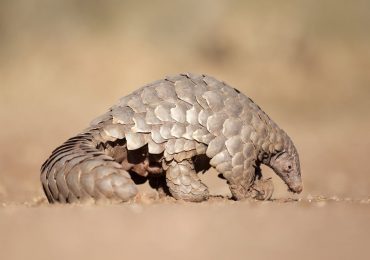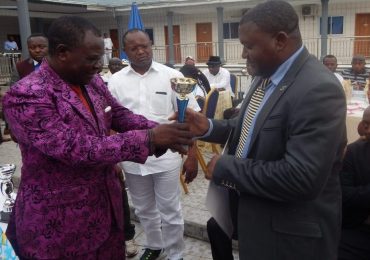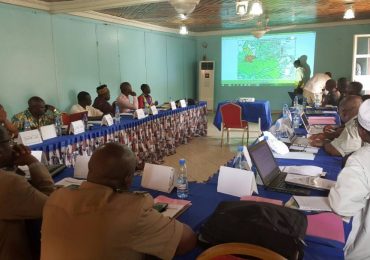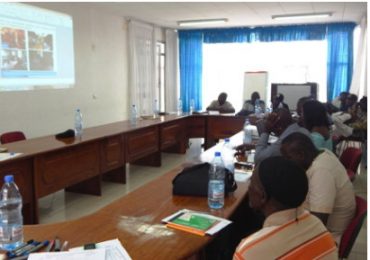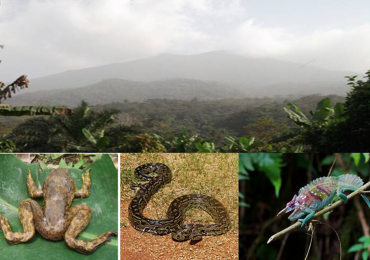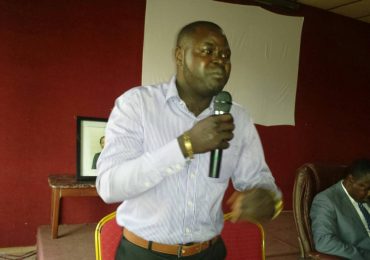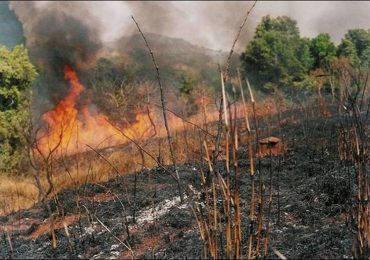ERuDeF Institute Launches Online Studies
The ERuDeF Institute of Biodiversity and Non-profit Studies (ERuDeF Institute) is putting in place a platform that will enable students carry out online studies with the institute during the 2015/2016 academic year.
By Ndimuh Bertrand Shancho

The construction of this online studies platform is to give busy professionals and students who, for one reason or the other, cannot study full time on campus, the opportunity to benefit from the institute’s highly distinctive professional programmes.
“Many students and parents alike have come to our office expressing interest in our programme but have always expressed worries about cost of accommodation, abandoning their jobs, family and kids, etc. This online platform will solve most, if not all of these worries; you can be with your family and studying at the same time; you can be a full time mother or father and still study; you can be a full time worker and still study. The advantages abound,” said Ita Nawom Seemndze, Acting Registrar of ERuDeF Institute and Deputy Director in charge of Administration and Finance.
The Registrar said application for the online studies programme has been launched with application form and all other requirements available on the institute’s website at www.erudefinstitute.org. She said admission is on a rolling basis.
“It is a modular sequence kind of programme. You can begin at any time once a module is on. So it’s not like you must register in September and end in July or something like that. Once the courses begin you register then you go round the cycle to when you register. But all defences, Masters, etc, will be done on campus and that’s the only time you are displaced,” the Registrar explained. She disclosed that the administrator of the online study platform has been commissioned to produce information that will be placed on the website to guide students on how to use the platform.
According to Ita Nawom, tutorials, short videos and every other educative material will be uploaded to enable students effectively study and interact with teachers and their fellow course mates wherever they are. She also said students can do a kind of hybrid studies or mixed-mode study where they can take some modules via online distance learning and some on campus, which can be great if they would like to attend some lectures but also need additional flexibility.
“It is an all englobing programme. All you need have is internet and a PC or laptop and you will be guided on the rest. Education has become cheaper and less stressful with the advent of ICTs,” she added.
Meanwhile, the administrative and teaching staff of the institute would undergo training on the effective management of this platform. The platform administrator will be on standby to intervene in case of any technical hitches.
The ERuDeF Institute administrator also indicated that while the undergraduate and graduate students will pay 400,000 franc s cfa and 600,000 francs cfa respectively, those undertaking the online study programme will pay an additional 100,000 francs cfa to support the cost of managing the site.
Payment, according to the Registrar, will be done directly into the institute’s bank account at any branch of the National Financial Credit (NFC) or through money transfer agencies. Meanwhile, arrangements are being made with MTN or Orange on the possibilities of using mobile money services to effect payments.
ERuDeF Institute in partnership with the St. Monica University offers a four-year undergraduate training programme which leads to the award of the professional Bachelors Degree available for students with A’L Level Certificate or equivalent and a 2-year intensive programme leading to the award of a professional Masters Degree for Bachelors Degree holders.
Specializations include; Biodiversity Conservation, Agroforestry Management, Environmental Education, Environmental Journalism, NGO & Fundraising Studies, Mountain Studies, and GIS for Development.



